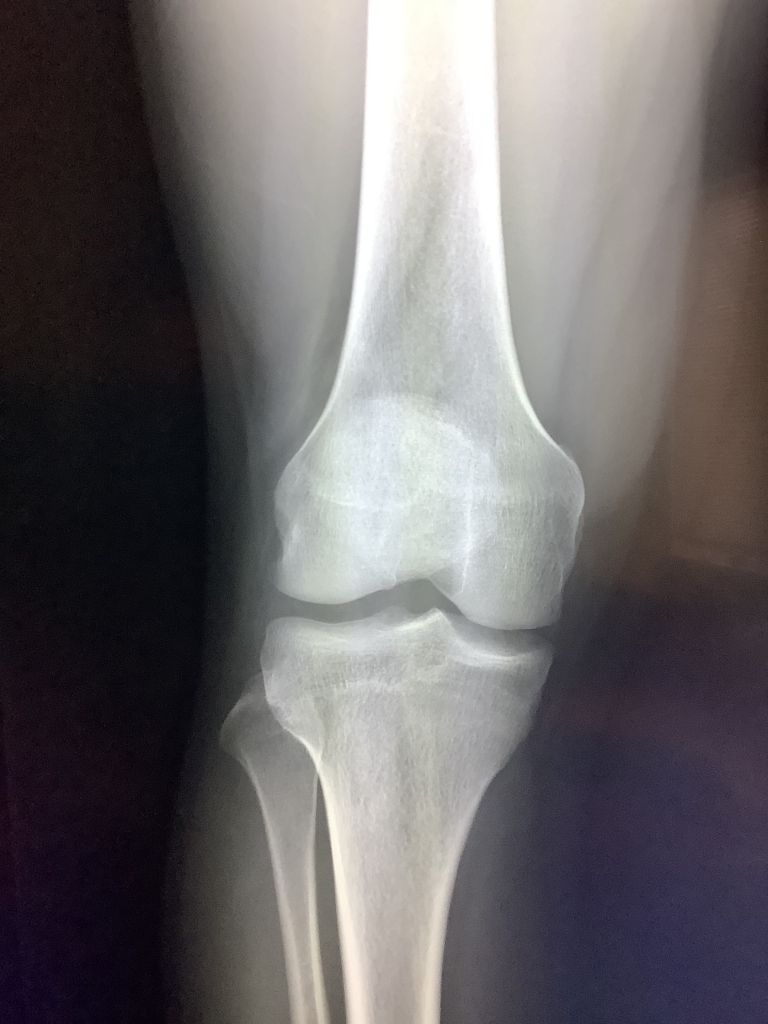Barium Contrast Exam
Barium contrast is used to examine the gastrointestinal tract using continuous X-ray called fluoroscopy. The test is done by a radiologist with the help of a technologist. Barium contrast is a white chalky substance that the patient drinks. It coats the gastrointestinal tract and allows abnormalities to be seen when using X-ray. Barium contrast can be of varying consistencies. It rarely causes allergies and side effects.
Barium can be used to examine the esophagus. This is the passage from your throat to the stomach. It is a long tube surrounded by muscles which propel the food into the stomach. A barium esophogram is done to examine the esophagus using barium and continuous X-ray called fluoroscopy. You will drink the barium and the radiologist will observe how the esophagus functions and whether there are any abnormalities inside. Masses, areas of narrowing, inflammatory conditions and abnormalities of function will be diagnosed.
Barium contrast is also used to examine the stomach and duodenum. This is called an Upper GI. It is done to look at the stomach and duodenum. Abnormalities like ulcers, masses, and inflammatory conditions can be diagnosed. The radiologist will observe the stomach and duodenum while he turns you to get a look at different angles.
Barium contrast is also used to examine the intestines. The patient will drink several cups of barium. This will be followed by multiple X-rays of the abdomen. With time, the barium will coat more of the intestines until it reaches the colon. X-ray pictures will be taken until the barium contrast reaches the colon. Barium contrast will allow conditions like blockages, masses, and inflammatory conditions to be diagnosed.
Barium contrast is also used to examine the colon. This is called a lower GI or barium enema. Barium is given through the rectum and coats the colon. Gas is often given through the rectum in combination with the barium contrast to distend the colon and better look at the surface. Multiple X-rays of the colon will be taken. Abnormalities like colon polyps and masses, areas of narrowing and blockages will be seen. This test is done less frequently now because colonoscopy is more frequently done now.
Barium contrast exams can examine the entire gastrointestinal tract. In recent times, barium contrast exams are less frequently done because other tests are better in many cases. Endoscopy and CT tests have replaced barium contrast exams in many cases. Barium contrast may not be as good for picking up some abnormalities as other tests. Barium contrast tests rely heavily on the skill of the radiologist. Barium contrast tests are still done commonly and have served the test of time for diagnosing many gastrointestinal conditions.

